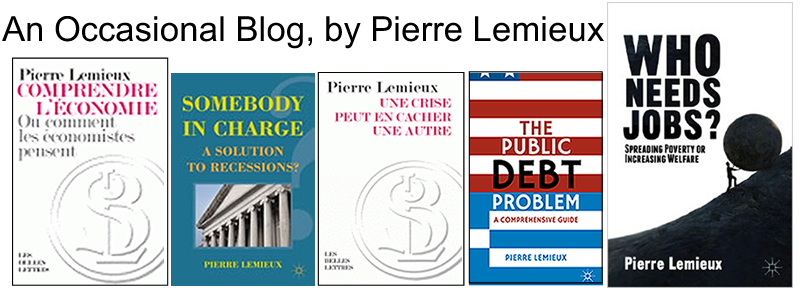The only blame that can be addressed to Wall Street firms is that they are all tightly regulated and that many were recently subsidized by government. In many ways, they have become arms of the state. On this, see my Somebody in Charge: A Solution to Recessions? (New York: Palgrave-Macmillan, 2011). Of course, the statocrats who tried to fill their financial roles in Soviet Russia, or those who do it today in China or Venezuela, are much less efficient and much more dangerous.
This does not mean that we have to love Wall Street figures, not more than we should love the ignorant lost souls who demonstrate under the latter’s balconies, nor the politicians and bureaucrats who reign over all that.
Liberty is as inconsistent with French-Revolution type of populism (especially after 1791) as it is with autocracy. Indeed, the first one naturally leads to the other.

